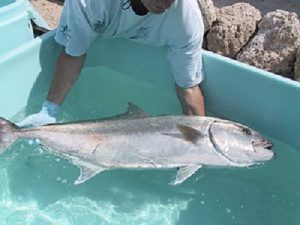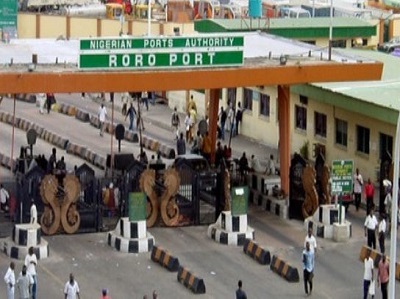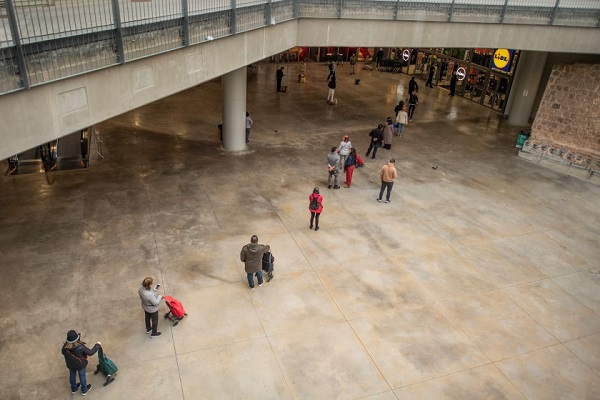Bottlenecks Affecting Fishing In Nigeria
 As a result of Nigeria’s extensive coastline and tropical climate, the nation has the potential to develop a diversified ecology for a range of commercially viable varieties of fish. The economic appeal behind fishing is tremendous, considering the secondary and tertiary enterprises it can generate.
As a result of Nigeria’s extensive coastline and tropical climate, the nation has the potential to develop a diversified ecology for a range of commercially viable varieties of fish. The economic appeal behind fishing is tremendous, considering the secondary and tertiary enterprises it can generate.
More efficient methods of inland cultivation and coastal trolling, executed in an export oriented environment, has been tipped to spur rapid growth of down-the-line industries. Fishing, by itself, has the potential of driving considerable enterprise development, transforming rural economies and generating direct and indirect employment opportunities in the process.
However, as the nation’s economy thrives to overcome the present recession, the Chairman, Association of Indigenous Sea Food Stakeholders, Lamina Rasheed, has revealed that Nigeria is losing N9 billion revenue annually to illegal fish importation and smuggling.
Mr. Lamina Rasheed, indicated this in Abuja on Wednesday last week, lamenting that the members of the Association are also paying a 14% import duty, amounting to millions of naira to the Federal Government while the illegal importers paid next to nothing through the land borders.
He posited that this makes it difficult to compete with them in the market because these illegal importers slash their prices”, he stated, creating market distortions, to the detriment of the genuine fish dealers, stressing that this development has been a major discouragement to the genuine importers and local fish farmers across the country.
He has therefore appealed to the Federal Government to expedite action toward setting up a task force that would stop the illegal importation of fish and other sea foods into the country; noting that illegal importation is currently a thriving business across the nation’s borders.
“The government loses about N9 billion revenues to this act. We are still trying to create awareness to let the government know that the illegal act is still persisting. Until they arrest somebody and apply the penalties, the perpetrators will not stop. The government said they will set up a monitoring committee but up till now, we have not seen any committee.
“As long as the committee is not in place, we will not make any meaningful progress in the sea food business. Local production of fish is currently still very minimal,’’ he observed, pointing out that the situation could be ameliorated if Government sets up a monitoring and prosecution task force to curb the menace.
He specifically frowned on the fact that some of the sea products which were being produced in Russia, Norway, Mexico, were being currently smuggled into the country through the Republic of Benin; and appealed to the Nigeria Customs Service (NCS) to assist in regulating the operations of smugglers.
It would be recalled that the Minister of State for Agriculture and Rural Development, Sen. Heineken Lokpobiri, had once announced a fine of $250,000 or five years’ imprisonment or both as punishment for offenders.
Lokpobiri said this was in addition to the forfeiture and destruction of the product. The nation’s annual demand of fish is currently at 3.2 million tonnes and deficit at 1.9 million tonnes.







